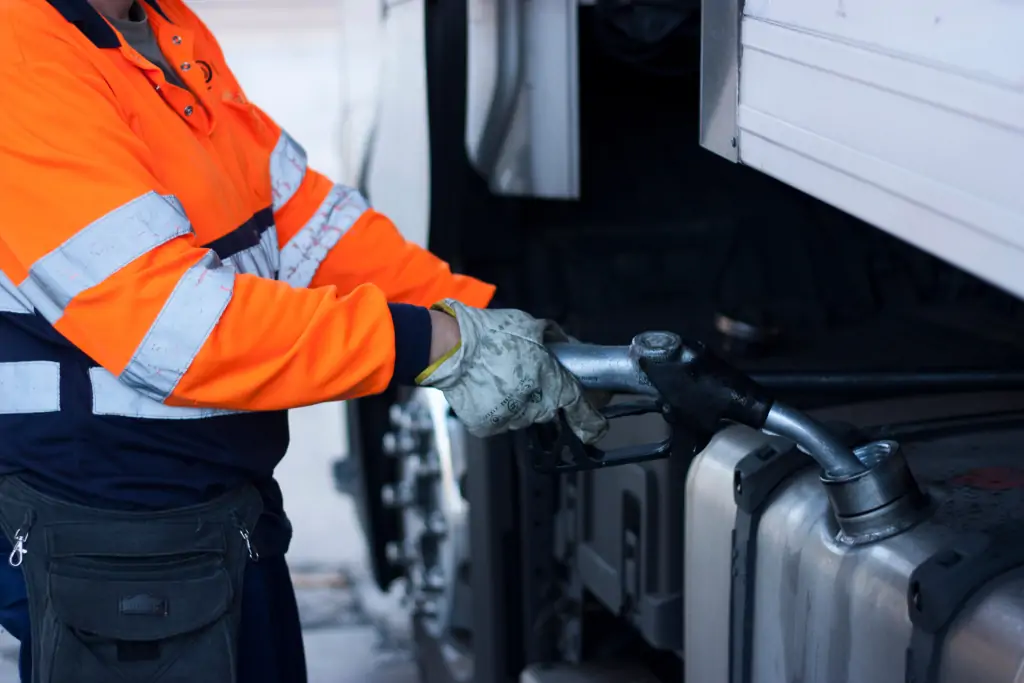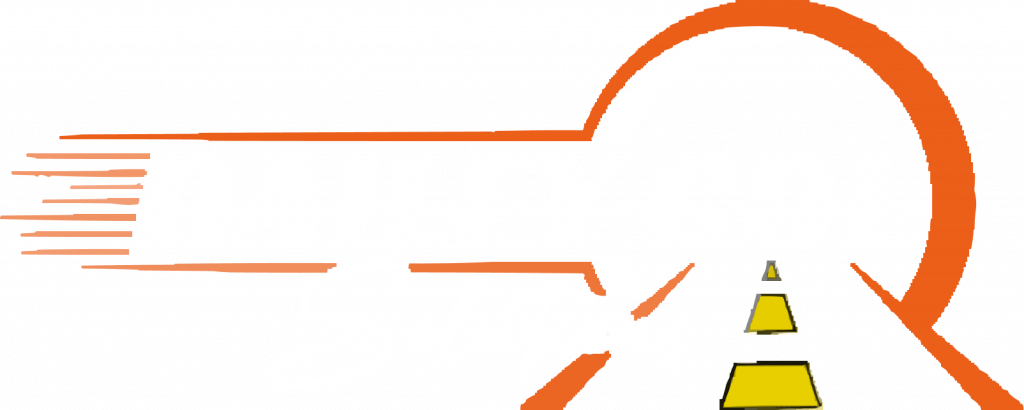Fueling the Journey: Understanding Diesel Costs and Trucking Economics

In the intricate web of the trucking industry, the lifeblood that keeps vehicles moving, goods delivered, and economies humming is often as simple as it is vital: diesel fuel. For truck drivers gliding down endless highways, fleet managers balancing the checkbook, and logistics professionals strategizing the next move in an intricate supply chain, understanding diesel costs is imperative.
In this comprehensive blog post, we will explore diesel costs from every angle, examining how it currently impacts trucking economics and offering valuable insights and strategies for navigating this critical aspect of the business.
TRENDS IN DIESEL COSTS
THE IMPACT ON MENTAL HEALTH AND JOB SATISFACTION
Throughout history, diesel prices have seen significant spikes and dips, often influenced by global events and international markets. The 1970s’ oil crisis and the more recent 2008 oil shock are prime examples. Yet, while the broad strokes of history can guide us, it’s the current and immediate future trends that demand attention.DEPENDENCE ON EXTERNAL FACTORS
Today, a myriad of factors drives the daily price of diesel, including:- Crude Oil Prices: Diesel prices are intrinsically linked to the cost of crude oil, which can fluctuate dramatically.
- Supply Chain Disruptions: Any disruption to the supply chain, and notably the supply of crude oil, can spike diesel costs.
- Environmental Regulation: Measures to reduce emissions can lead to increased costs for diesel, particularly with the introduction of eco-friendly blends.
- Political Instability: Conflicts or sanctions can disrupt oil supplies, driving up costs.
ECONOMIC IMPACT ON THE TRUCKING INDUSTRY
Understanding diesel costs goes beyond tracking expenses; it paints a bigger picture of the economic health of the trucking industry.
OPERATIONAL EXPENSES
The immediacy of diesel costs is felt in operational expenses. Fuel, often the largest expense component in this industry, can make or break profitability.
- Long-Haul Trucking: For long-haul truckers, controlling diesel costs is particularly challenging, as fuel can account for nearly a quarter of operating expenses.
- Freight Rates and Profit Margins: Diesel costs influence freight rates and, therefore, profit margins. A volatile diesel market often leads to a volatile rate market.
- Impact on Logistics: High diesel costs can lead to increased prices for consumers, affecting buying patterns and, consequently, the entire logistics chain.
MITIGATING FINANCIAL RISKS
In the face of such volatility, proactive measures are key to financial stability. Trucking companies employ various strategies to mitigate these risks, such as:
- Fuel Hedging: Using financial instruments to lock in a price for future diesel purchases can provide a sense of security in times of uncertain markets.
- Route Planning: Altering routes to include less costly refueling stops is a basic but effective money-saving tactic.
- Vehicle Maintenance: Keeping trucks well-maintained ensures optimal fuel efficiency, reducing consumption and, by extension, costs.
TIPS FOR MANAGING FUEL EXPENSES
Proactively managing fuel costs is a continuous process that demands a mix of discipline, technology, and strategy.
FUEL-EFFICIENT DRIVING TECHNIQUES
The driving behavior of truckers can significantly impact fuel efficiency. Strategies like:
- Proper Gear Shifting: The right gear, at the right time, can mean the difference between fuel consumption rates.
- Smoother Acceleration and Braking: Aggressive driving can waste a lot of fuel. Deliberate and gentle handling can significantly improve mileage.
- Aerodynamics: Keeping the truck streamlined, including tarping loads and using aerodynamic add-ons, can reduce drag and improve efficiency.
UTILIZING TECHNOLOGY FOR OPTIMIZATION
In a digital age, technology can be a powerful ally in the quest to manage fuel expenses.
- Telematics Systems: These systems monitor driving habits, providing real-time feedback to drivers to promote fuel-efficient practices.
- Route-Optimization Software: Advanced software can calculate the most fuel-efficient routes based on a range of factors, including traffic and terrain.
- Diesel Prices Apps: These applications provide up-to-the-minute pricing, allowing drivers to plan where to refuel to get the best price.
NEGOTIATING AND LEVERAGING DISCOUNTS
Building relationships with fuel providers can yield substantial discounts.
- Bulk Purchases: Buying fuel in bulk can secure discounts and provide the advantages of economies of scale.
- Fleet Cards and Rewards Programs: Many fuel providers offer rewards programs, which can translate into savings over time.
- Supplier Negotiations: Openly discussing fuel needs with suppliers can sometimes lead to better pricing agreements.
REAL-WORLD EXAMPLES
Real-world examples of successful fuel cost management strategies can serve as inspiration for others in the industry. Although the scenarios below are theoretical, they reflect initiatives that real trucking professionals and companies are taking to mitigate diesel consumption and keep costs under control.
FLEET OVERHAUL
A large trucking company invested in updating their fleet with newer, more fuel-efficient vehicles. The initial investment paid off through substantial reductions in fuel consumption and saved them significant sums in the long run.
DRIVING TECHNIQUE TRAINING
A solo driver underwent specialized training in fuel-efficient driving techniques. The resulting improvements in gas mileage drastically reduced his monthly diesel expenses, increasing his profitability.
FINAL THOUGHTS
Diesel costs are as dynamic as the industry they serve. Understanding and managing these costs is essential not only for economic survival but for thriving in a complex and competitive landscape. By staying informed, deploying cutting-edge technologies, and adopting effective strategies, truckers and logistics professionals can ensure that their operations run smoothly, efficiently, and profitably.
DAILEY CDL SOLUTIONS
Whether you’re a seasoned trucking vet operating a large fleet or you’re new to the industry and looking for CDL training, everyone can play a part in improving the economics of the trucking industry. Dailey CDL Solutions Schools offer comprehensive CDL training courses that prepare the next generation of drivers to hit the roads armed with more knowledge, experience, and skills. Visit our website to learn more and take the next step in fueling your career.
- Back
